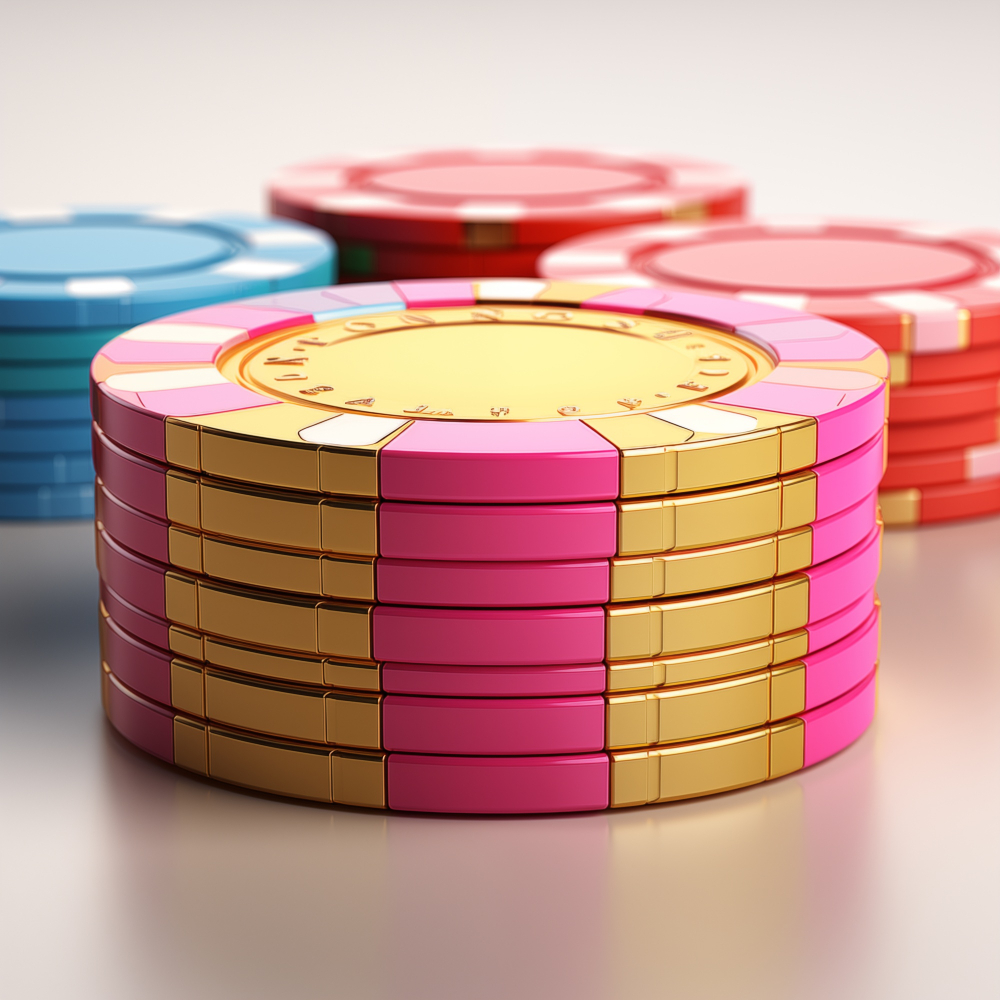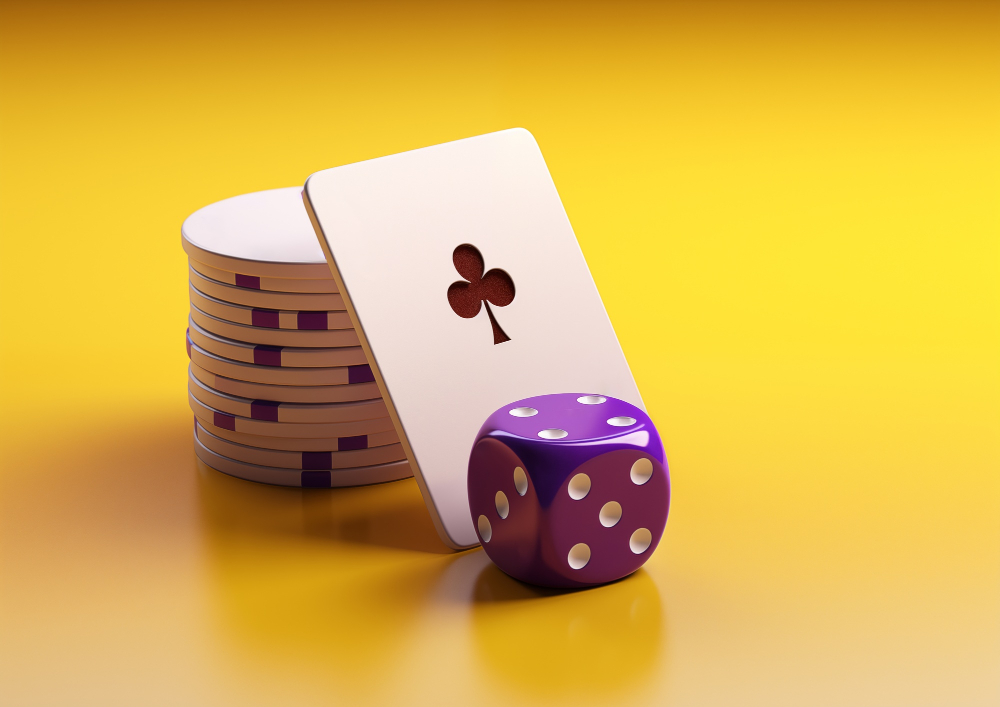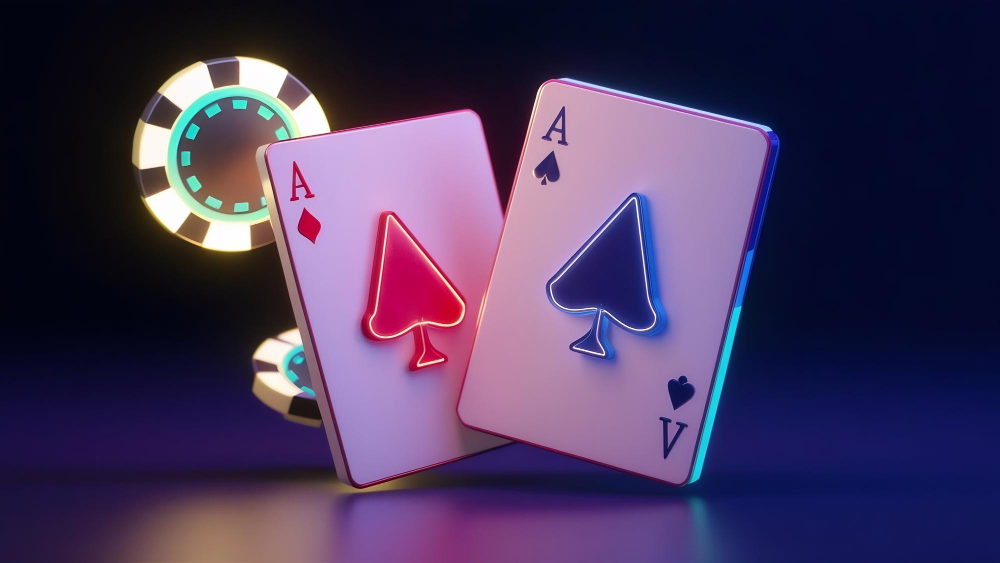Poker is a game that demands not only skill and strategy but also significant psychological strength. As players navigate through high-stakes situations and tough competition, the mental game becomes just as important as the cards they hold. Building resilience and confidence is crucial for anyone hoping to excel in poker. Whether you’re a seasoned pro or a newcomer, understanding the mental aspects of poker can give you a competitive edge.
The Importance of Mental Resilience in Poker
Mental resilience refers to the ability to withstand stress, recover from setbacks, and maintain focus under pressure. In poker, this translates to keeping your cool during bad beats and bouncing back quickly when things don’t go as planned. A resilient mindset helps you stay on top of your game, making calculated decisions rather than emotional ones.
- Maintain focus during lengthy sessions
- Recover quickly from losses
- Adapt to opponents’ strategies
Building Confidence at the Poker Table
Confidence is another essential component of a strong mental game. Confident players are more likely to make bold moves and bluff effectively. Confidence stems from preparation, experience, and a positive mindset. It’s important to keep updating your skills and knowledge about the game to build self-assurance.
To dive deeper into strategies for building resilience and confidence in poker, visit Pokertips.today where you can find a wealth of resources tailored for both beginners and experts.
Strategies for Enhancing Mental Game
To become mentally tough in poker, consider adopting the following strategies:
- Study the game meticulously
- Practice mindfulness and stress-relief techniques
- Engage in regular, reflective practice sessions
Stay tuned to delve into more effective ways to strengthen your mental game in the upcoming sections.
Understanding Tilt and How to Avoid It
Tilt is a state of emotional frustration that can significantly impact your game. When experiencing tilt, players often make irrational decisions driven by anger or disappointment, leading to further losses. Recognizing the signs of tilt early is crucial for maintaining composure.
- Take regular breaks to clear your mind
- Set loss limits to avoid chasing losses
- Practice deep-breathing exercises to calm nerves
Knowing how to manage tilt effectively can enhance your performance and keep you from falling into common psychological traps. By doing so, you ensure that each decision you make at the table is calculated and logical.
Developing Emotional Intelligence
Emotional intelligence (EI) involves recognizing and managing your own emotions as well as understanding the emotions of others. In poker, this translates to reading opponents’ tells and controlling your own emotional responses.
| Component | Application in Poker |
|---|---|
| Self-awareness | Recognize your mental state to avoid bad decisions |
| Self-regulation | Control impulses and maintain a poker face |
| Empathy | Understand opponents’ strategies through their behavior |
The Role of Practice and Preparation
Consistent practice and thorough preparation are cornerstones of building a strong mental game. These efforts not only enhance your skills but also boost your confidence and resilience. Utilize online resources, such as strategy guides and tutorials, to continually improve your knowledge base.
Conclusion: Mastering Your Mental Game
Building resilience and confidence in poker isn’t merely about honing technical skills; it’s about cultivating a mindset that can withstand the ups and downs of the game. With the right strategies, from understanding tilt to developing emotional intelligence, you can elevate your poker performance and stay ahead of the competition.
Remember, each hand dealt is an opportunity to refine your mental game. For more insights and detailed guides on enhancing your poker skills, be sure to check out Pokertips.today.






